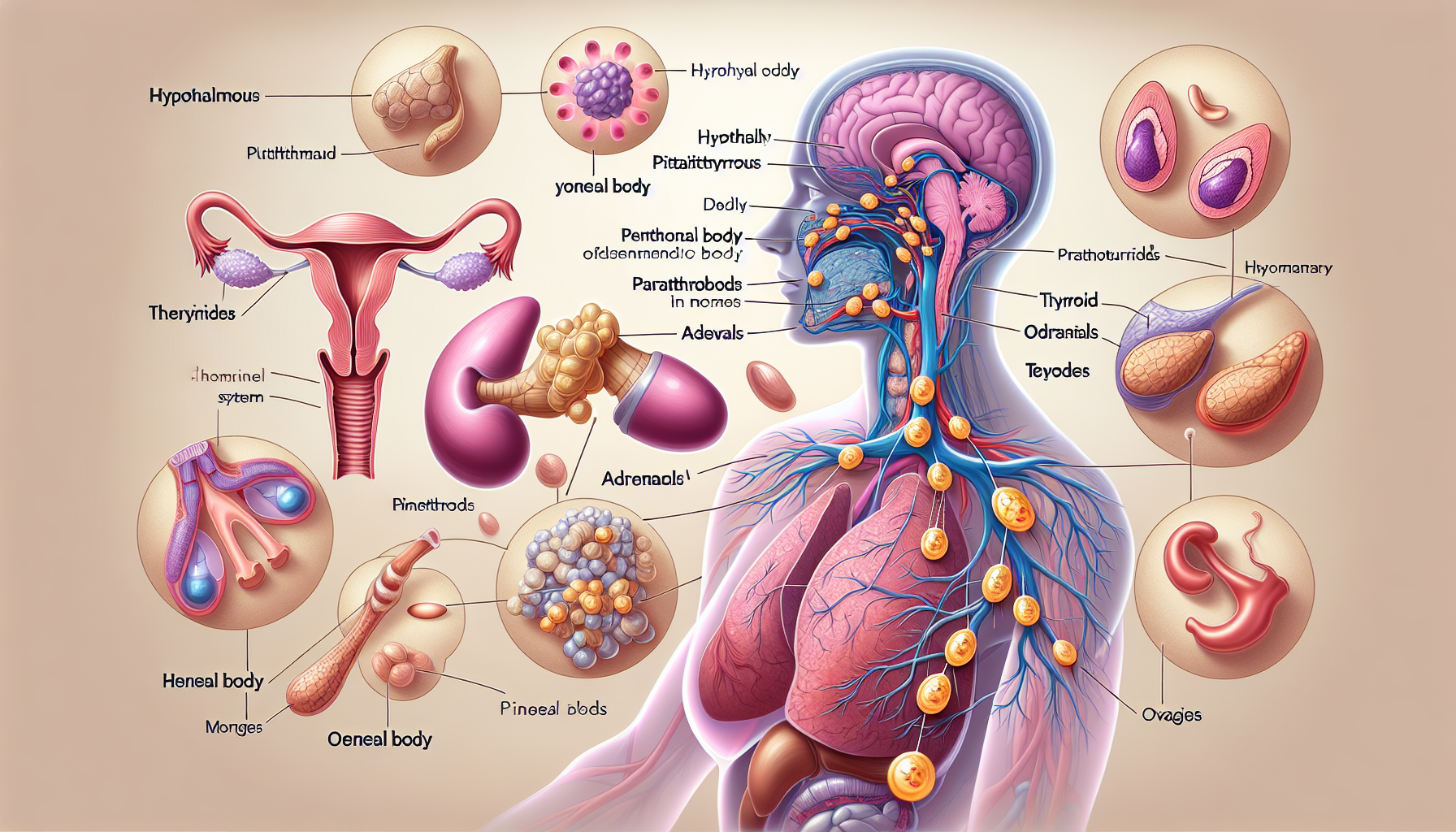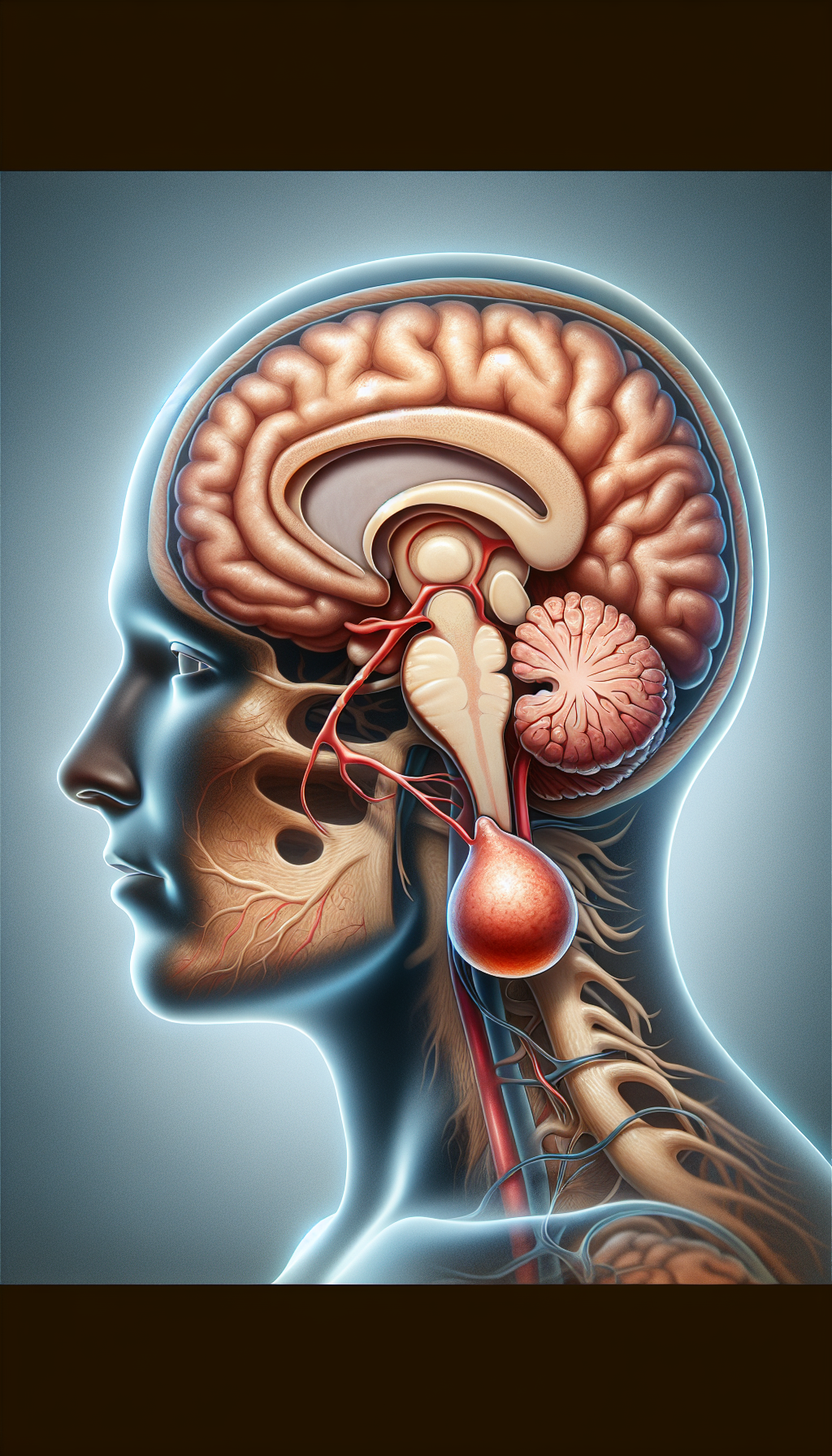Hormones are the body’s chemical messengers, profoundly influencing brain function and overall health. They play a pivotal role in modulating mood, cognition, and mental well-being. Balancing these hormones is not just about physical health; it involves a holistic approach that encompasses brain health, emotional regulation, and the prevention of neurodegenerative diseases. This comprehensive guide delves into the intricate relationship between hormonal balance and brain function, offering insights into optimizing both for a healthier life.
Understanding Hormones and Brain Function
The brain is the central hub for hormone production and regulation. It’s where the hypothalamus and pituitary gland orchestrate the symphony of hormonal signals that regulate various bodily functions. Hormones like cortisol, estrogen, testosterone, and thyroid hormones can significantly affect cognitive processes and emotional states.
For example, cortisol, often referred to as the "stress hormone," can impact memory and learning when levels are too high or too low. Estrogen and testosterone are not only vital for reproductive health but also for maintaining mood and cognitive function. Thyroid hormones, meanwhile, regulate metabolism and energy levels, which are crucial for sustaining brain health.
Maintaining hormonal balance is critical for optimal brain function. When hormones are in equilibrium, the brain operates efficiently, leading to improved cognitive abilities, emotional stability, and a greater sense of well-being. Conversely, hormonal imbalances can contribute to mood disorders, cognitive impairment, and an increased risk of neurodegenerative diseases.
Strategies for Hormonal Balance
Achieving hormonal balance requires a multifaceted approach. Here are several strategies that can help:
Diet and Nutrition
A well-balanced diet is foundational for hormonal health. Consuming a variety of nutrients supports the endocrine system and the brain. Foods rich in omega-3 fatty acids, antioxidants, and vitamins are particularly beneficial. For instance, holistic nutrition plays a vital role in supporting brain function and maintaining hormonal balance.
Physical Activity
Exercise is a powerful tool for regulating hormones and enhancing brain health. Both aerobic and anaerobic exercises have distinct benefits, from improving mood and reducing stress to enhancing cognitive function.
Stress Management
Chronic stress can wreak havoc on hormonal balance. Techniques such as mindfulness and stress reduction are effective in lowering cortisol levels and promoting mental clarity.
Sleep Hygiene
Quality sleep is essential for hormone regulation. The brain uses sleep to process information, consolidate memory, and balance hormones like melatonin and growth hormone, which are critical for brain health. Strategies to optimize sleep patterns can significantly improve cognitive functions.
Cognitive Engagement
Engaging in mentally stimulating activities can boost cognitive function and may have a positive impact on hormonal balance. Activities such as challenging brain games not only keep the mind sharp but also support overall brain health.
The Brain-Hormone Connection
The brain and hormones are in constant communication. When this communication is disrupted, it can lead to a range of cognitive and emotional issues. For example, imbalances in thyroid hormones can lead to foggy thinking and lethargy. Low levels of sex hormones like estrogen and testosterone can contribute to mood swings and cognitive decline.
Understanding the brain-health connection is crucial in addressing hormonal imbalances. By focusing on brain health, we can indirectly influence hormonal systems, leading to better mental and physical health outcomes.
External Resources for Further Reading
To expand your knowledge on this topic, consider exploring these niche resources:
- A detailed exploration of the neuroendocrine system’s influence on cognitive function.
- An in-depth analysis of dietary impacts on hormonal health and brain function.
- Research findings on the effects of physical exercise on endocrine function and cognitive performance.
- A comprehensive guide on stress management techniques for hormonal balance and cognitive improvement.
- Clinical insights into sleep’s role in hormonal regulation and mental health.
Conclusion
Hormonal balance is paramount for maintaining not only physical health but also for ensuring optimal brain function. By adopting a lifestyle that includes a balanced diet, regular exercise, stress management, adequate sleep, and cognitive engagement, individuals can influence their hormonal health in a positive manner. This can lead to improvements in mood, cognition, and overall well-being. As we continue to research and understand the complexities of the endocrine system and its relationship with the brain, we can better tailor our approaches to support both hormonal and brain health for a harmonious and healthy life.



